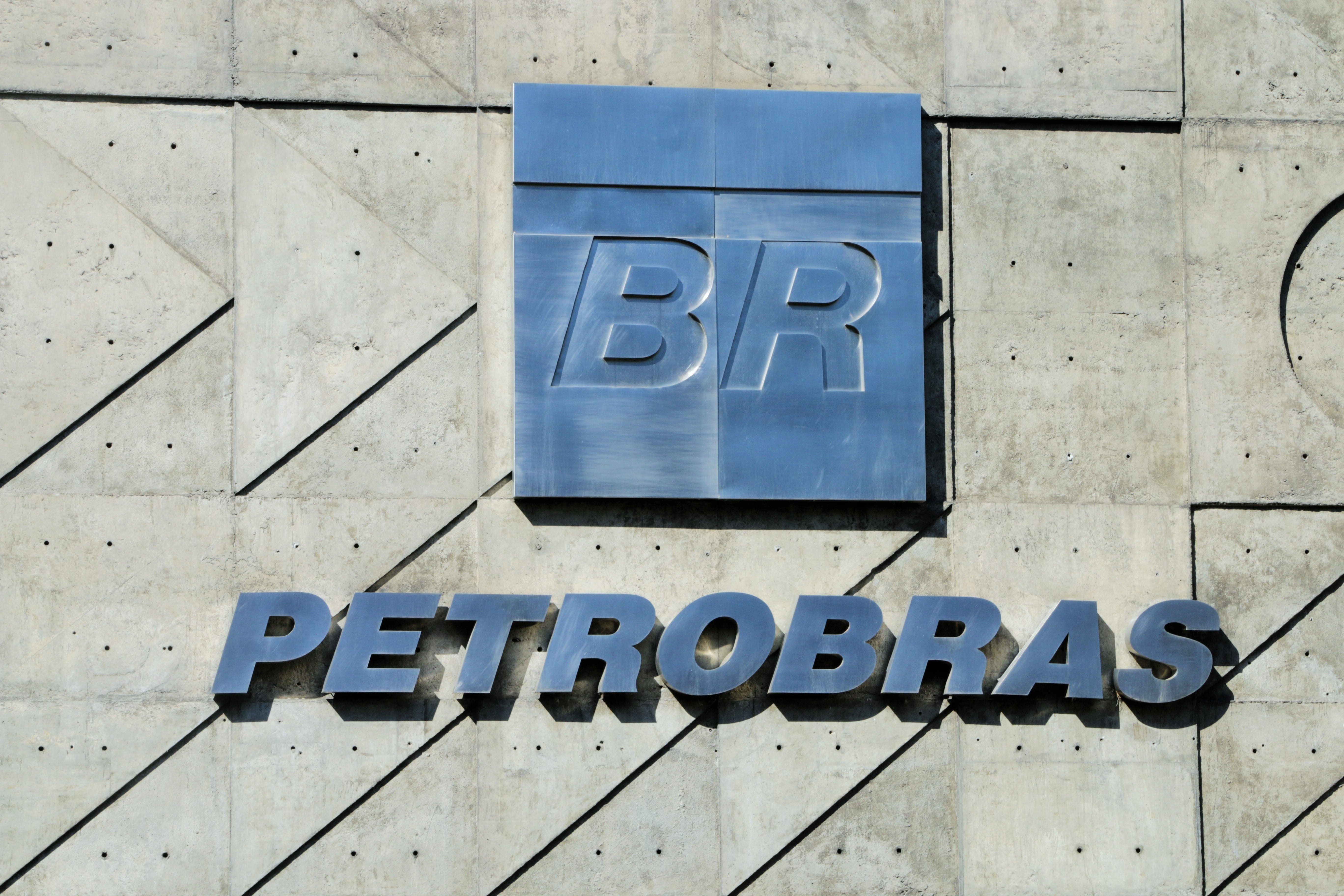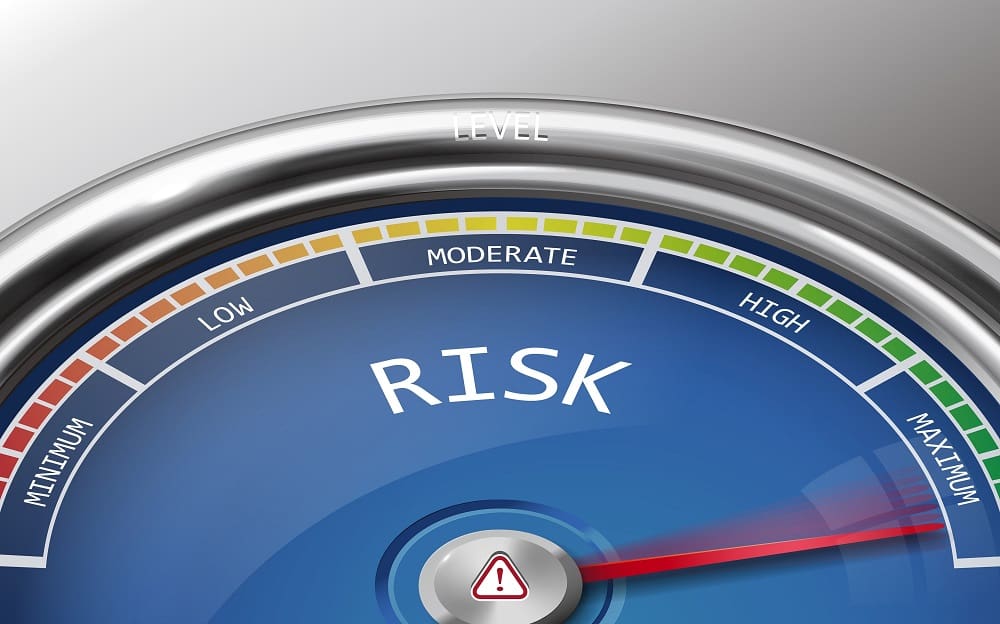Transparency International, the global anti-corruption movement, announced today that it will look into the operations of Brazilian construction companies linked to the Petrobras scandal in seven countries: Argentina, Chile, Dominican Republic, Guatemala, Panama, Peru and Venezuela.
As investigations in Brazil continue to uncover links between major construction companies and corruption in Petrobras, Transparency International will look into whether the companies are following the same business model of bribe paying and cartel arrangements in other countries where they have significant operations.
For example, in Venezuela alone, four of the companies under investigation in Brazil received over 30 contracts from the government in recent years. A preliminary investigation by Transparencia Venezuela shows delayed contracts, opaque accounting and suspicion of political influence in the awarding of contracts worth millions.
Transparency International — through its national chapters in Argentina, Chile, Dominican Republic, Guatemala, Panama, Peru and Venezuela — is submitting access to information requests to those governments in order to review and analyze the contracts awarded to the companies in the last decade. In partnership with investigative journalists, Transparency International will identify potential irregularities in the coming weeks and verify the state of progress of the huge infrastructure projects associated with them.
These projects include transport systems, infrastructure for provision of basic services and others that have a direct impact on the quality of life of millions of families in Latin America. Citizens have a right to know about the progress of these construction works under development.
“The corruption scandal surrounding Petrobras is one of the biggest that we have seen in the region, not only because of the amounts of money involved and the linkages between the political and business elites, but also because of the damage this corrupt system did to the entire Brazilian society. Some brave Brazilian prosecutors and federal police officers, a judge and several journalists are now doing a tremendous effort to end impunity for the corrupt perpetrators. Transparency International wants to help ensure that those responsible face justice, be it in Brazil or elsewhere in the region,” said Alejandro Salas, Regional Director for the Americas at Transparency International.
If Transparency International’s research unearths irregularities, raises the suspicion of cartel arrangements or undue influence by politicians on the granting of contracts, we will provide all the information to the relevant authorities and call on them to open formal investigations and report publicly on their findings. Transparency International will also provide information to prosecutors where investigations are already taking place, such as in Peru and Brazil.
“All in all, we are asking for simple accountability. We don’t know what we will find, but given what the Petrobras scandal has revealed and the cost of the infrastructure projects, it is fair to demand transparency. We need systemic changes that will prevent such corruption scandals from happening again,” said Salas.
All of the seven countries have ratified the United Nations Convention Against Corruption, which includes provisions related to mutual legal assistance (art. 46) and joint investigations (art. 49), that obliges signatory states to cooperate internationally on cross-border corruption investigations.














